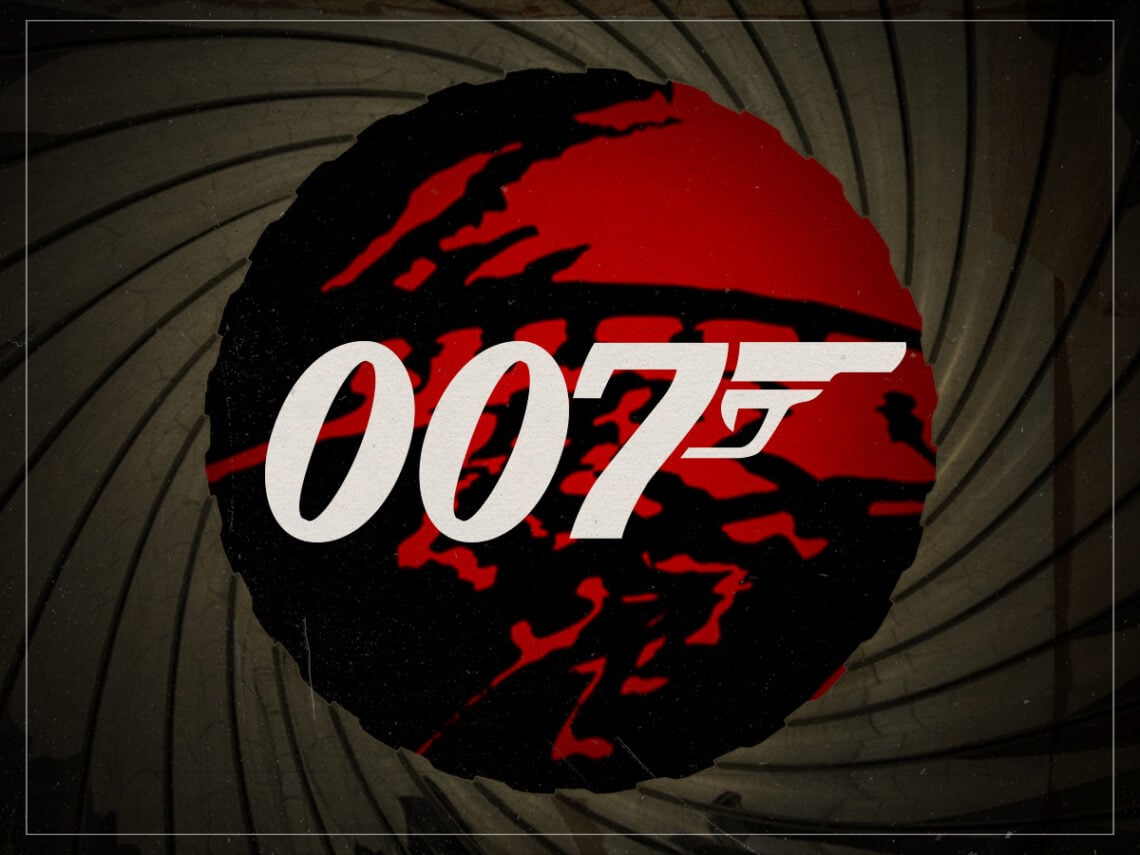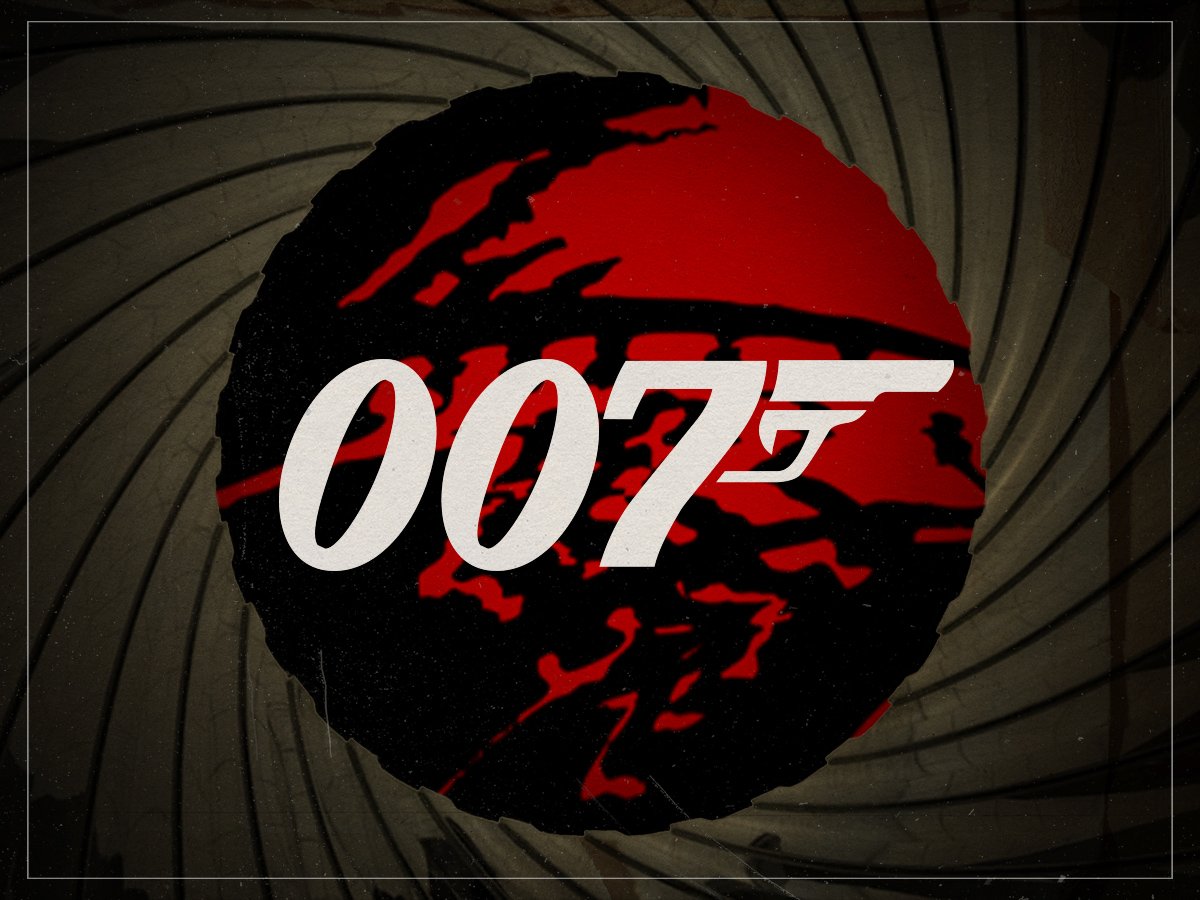
(Credits: Far Out)
Sun 10 August 2025 15:15, UK
James Bond is often viewed as the pinnacle of masculinity, with an effortlessly smooth approach to the challenges of government espionage that has led him to be viewed as one of the most iconic action heroes of all time.
Over the years, there have been many different interpretations of the character, ranging from misogynistic pig to slightly less misogynistic, with each one embodying the old-fashioned ideals of a man who is a physically unstoppable killing machine who can treat women very badly and somehow be the most irresistible man on the planet. For many years, audiences have fallen for this propaganda and become completely smitten by his charm, leading to a decades-long franchise that continues to spawn new iterations of the hero.
But there is one actor who has added slightly more dimension to this character, with Daniel Craig’s reprisal of the character in Casino Royale bringing more depth to a series that had previously been quite narrow. The film begins with a black and white film noir-style sequence, taking the story into arthouse territory and then challenging the stereotypical traits associated with the character by making Bond fall in love with someone who is miles out of his league.
Vespa, played by Eva Green, challenges the idea that Bond is an emotionless man who is incapable of vulnerability, with her eventual death spinning him into emotional turmoil and laying the groundwork for a more nuanced take on the series.
However, while Craig was perfect for the role, and arguably still remains as the greatest actor to play James Bond, there was one other British actor who tried to book the role but was dismissed for his extreme interpretation of the character.
Matthew Goode is best known for his work in projects like The Imitation Game, Downton Abbey, Watchmen and The Crown, joining the calibre of Britain’s finest actors. However, there was once a time when his career could have expanded into a very different territory, with Goode describing how he was invited to audition for James Bond but was let go because of his dark take on the character.
When discussing this, Goode said, “She [Barbara Broccoli] said, ‘So what’s your idea for Bond?’ And I was like, ‘My idea for Bond, we’ve got to take it back to the books. You know, really, we absolutely have to make this guy an alcoholic. A drug addict. He hates himself. He hates women. He hates a lot of people. He’s in deep pain. He’s brilliant at killing people’. You know, like really like that. And by the end of the interview, she was like, ‘Mm hm, next!’ Because I wanted to make it really dark. But what I should have said was also incredibly charming”.
While this might have been a take that some people would want to see, it is understandable why Broccoli would not be a fan of this interpretation. This is the kind of James Bond that audiences have seen many times before, and while it might be classic and ‘back to the books’, it does not do anything to challenge the stereotypes associated with a story that has been done to death. For this reason, Craig’s version of the secret agent remains the most developed and an obvious choice to expand the story into new realms.
Related Topics

